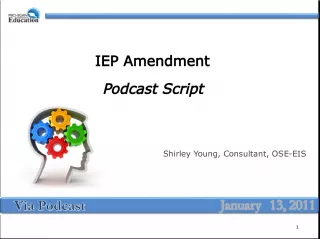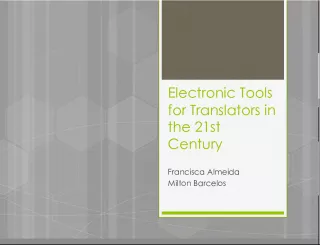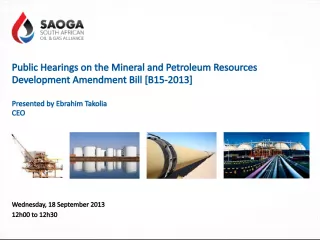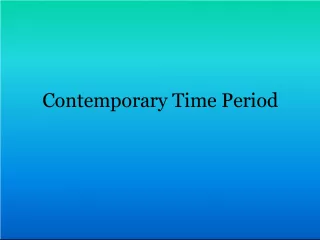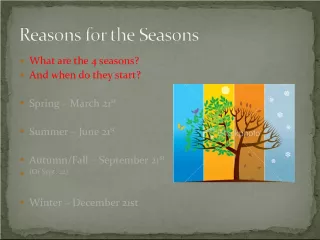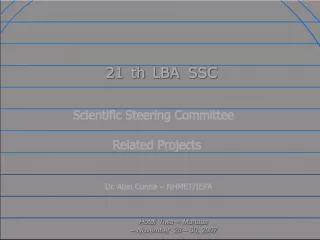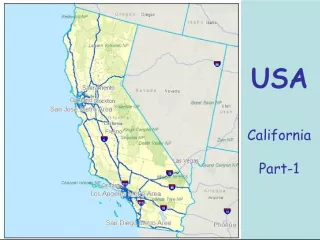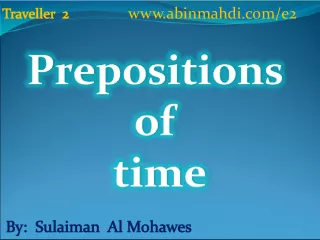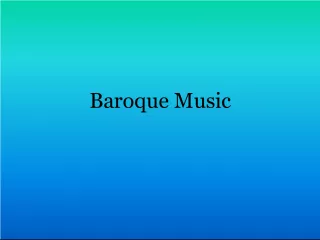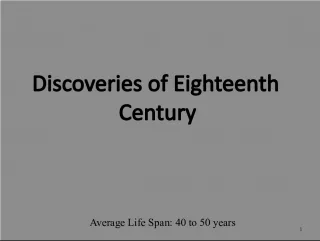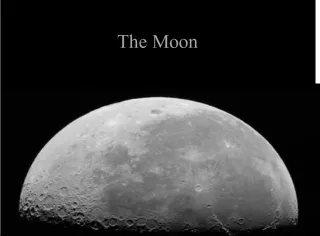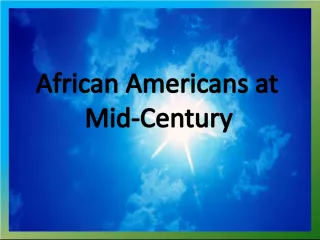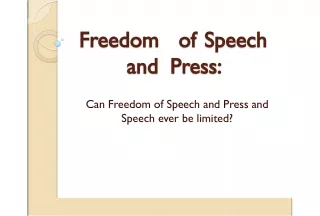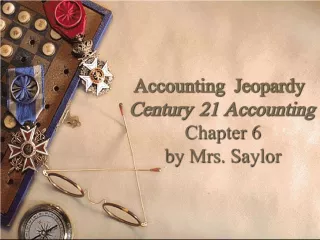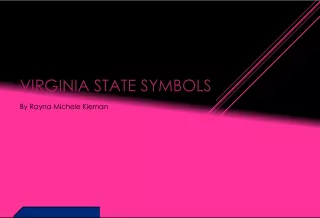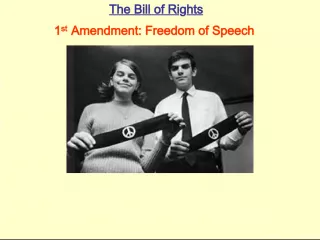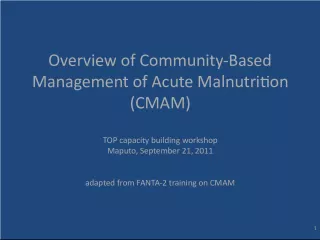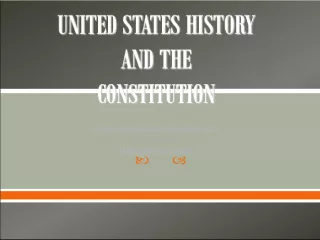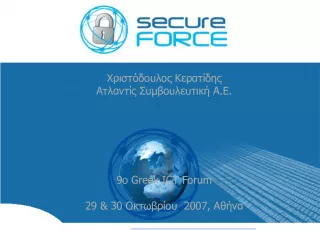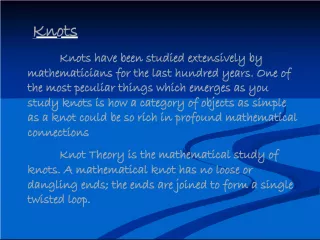Exploring the Significance of the First Amendment for the 21st Century
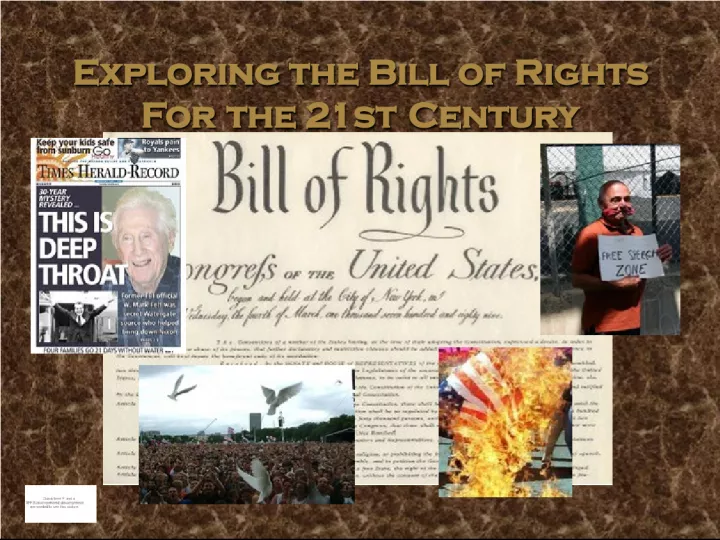

This article will explore the importance of the First Amendment with a specific focus on the freedom of speech. We will discuss the relevance of this essential freedom in contemporary society.
- Uploaded on | 0 Views
-
 socorro
socorro
About Exploring the Significance of the First Amendment for the 21st Century
PowerPoint presentation about 'Exploring the Significance of the First Amendment for the 21st Century'. This presentation describes the topic on This article will explore the importance of the First Amendment with a specific focus on the freedom of speech. We will discuss the relevance of this essential freedom in contemporary society.. The key topics included in this slideshow are First Amendment, Freedom of Speech, Bill of Rights, Essential Freedoms, 21st Century,. Download this presentation absolutely free.
Presentation Transcript
1. Exploring the Bill of Rights For the 21st Century Exploring the Bill of Rights For the 21st Century
2. The First Amendment The First Amendment The First Amendment The First Amendment Five Essential Five Essential Freedoms and Rights Freedoms and Rights Five Essential Five Essential Freedoms and Rights Freedoms and Rights
3. Freedom of Speech Congress shall make no laws . . . abridging the freedom of speech
4. Freedom of Religion Freedom of Religion Freedom of Religion Freedom of Religion Congress shall make no law respecting an establishment of religion or prohibiting the free exercise there of
5. Freedom of the Press Freedom of the Press Freedom of the Press Freedom of the Press Congress shall make no law . . . abridging . . . the freedom of the press. Congress shall make no law . . . abridging . . . the freedom of the press.
6. Freedom of Assembly Freedom of Assembly Freedom of Assembly Freedom of Assembly Congress shall make no law . . . Abridging . . . The people to peaceably assemble
7. Petition the Government Petition the Government Congress shall make no law . . . Abridging . . . the people. . . to petition the government for a redress of grievances
8. 2 nd Amendment A well-regulated militia, being necessary to the security of a free state, the right of the people to bear arms shall not be infringed.
9. 3rd Amendment No Soldier shall, in time of peace be quartered in any house, without the consent of the Owner, nor in time of war. . . .
10. 4th Amendment 4th Amendment The right of the people to be secure in their persons, houses, papers, and effects, against unreasonable searches and seizures , shall not be violated, and no Warrants shall issue, but upon probable cause , .. particularly describing the place to be searched, and the persons or things to be seized The right of the people to be secure in their persons, houses, papers, and effects, against unreasonable searches and seizures , shall not be violated, and no Warrants shall issue, but upon probable cause , .. particularly describing the place to be searched, and the persons or things to be seized
11. 5th Amendment 5th Amendment No person shall be held to answer for a crime unless on a presentment or indictment of a Grand Jury nor shall any person be subject for the same offence to be twice put in jeopardy of life or limb [ double jeopardy ] nor shall be compelled in any criminal case to be a witness against himself [ self- incrimination ] No person shall be held to answer for a crime unless on a presentment or indictment of a Grand Jury nor shall any person be subject for the same offence to be twice put in jeopardy of life or limb [ double jeopardy ] nor shall be compelled in any criminal case to be a witness against himself [ self- incrimination ]
12. 5th Amendment 5th Amendment nor be deprived of life, liberty, or property, without due process of law nor shall private property be taken for public use, without just compensation [ eminent domain ] nor be deprived of life, liberty, or property, without due process of law nor shall private property be taken for public use, without just compensation [ eminent domain ]
13. 6th Amendment 6th Amendment In all criminal prosecutions, the accused shall enjoy the right to a speedy and public trial by an impartial jury to be informed of the nature and cause of the accusation to be confronted with the witnesses against him; to have compulsory process for obtaining witnesses in his favor to have the Assistance of Counsel for his defense In all criminal prosecutions, the accused shall enjoy the right to a speedy and public trial by an impartial jury to be informed of the nature and cause of the accusation to be confronted with the witnesses against him; to have compulsory process for obtaining witnesses in his favor to have the Assistance of Counsel for his defense
14. 7th Amendment 7th Amendment In Suits at common law, where the value in controversy shall exceed twenty dollars, the right of trial by jury shall be preserved. In Suits at common law, where the value in controversy shall exceed twenty dollars, the right of trial by jury shall be preserved. In Suits at common law, where the value in controversy shall exceed twenty dollars, the right of trial by jury shall be preserved. In Suits at common law, where the value in controversy shall exceed twenty dollars, the right of trial by jury shall be preserved.
15. Eighth Amendment No excessive bail No cruel and unusual punishment
16. 9th Amendment 9th Amendment The enumeration in the Constitution, of certain rights, shall not be construed to deny or disparage others retained by the people [other rights may be protected even if not included in the Bill of Rights ex: right to privacy] The enumeration in the Constitution, of certain rights, shall not be construed to deny or disparage others retained by the people [other rights may be protected even if not included in the Bill of Rights ex: right to privacy]
17. 10th Amendment 10th Amendment The powers not delegated to the United States by the Constitution, nor prohibited by it to the States, are reserved to the States respectively, or to the people. [ states' rights ] The powers not delegated to the United States by the Constitution, nor prohibited by it to the States, are reserved to the States respectively, or to the people. [ states' rights ]
